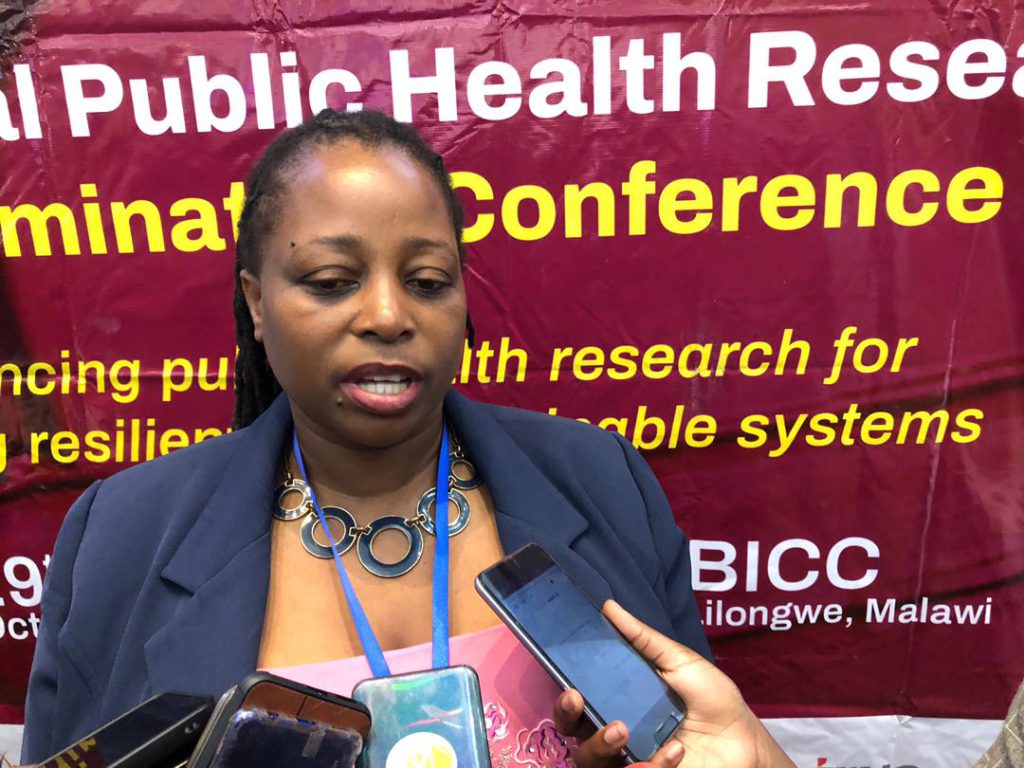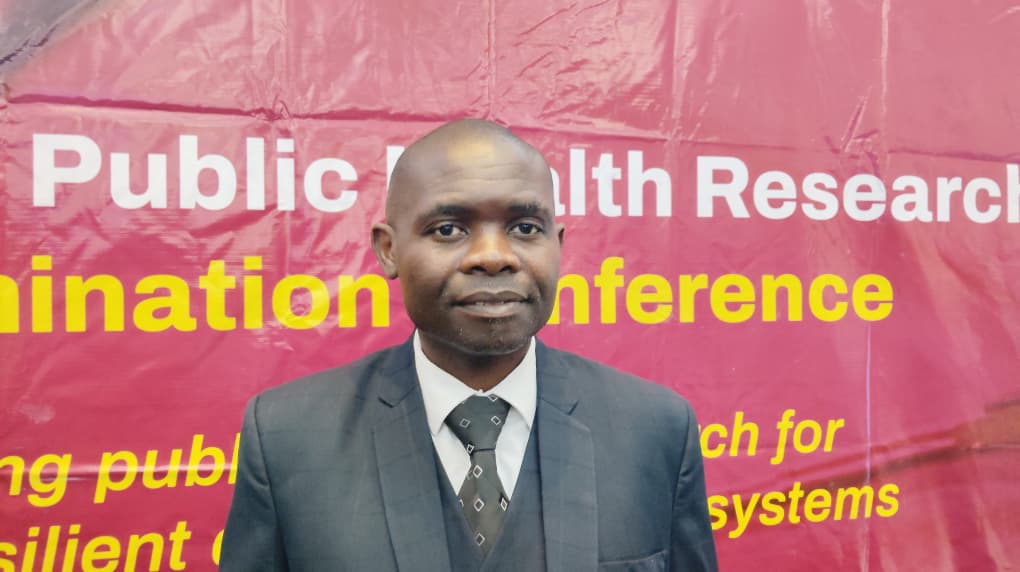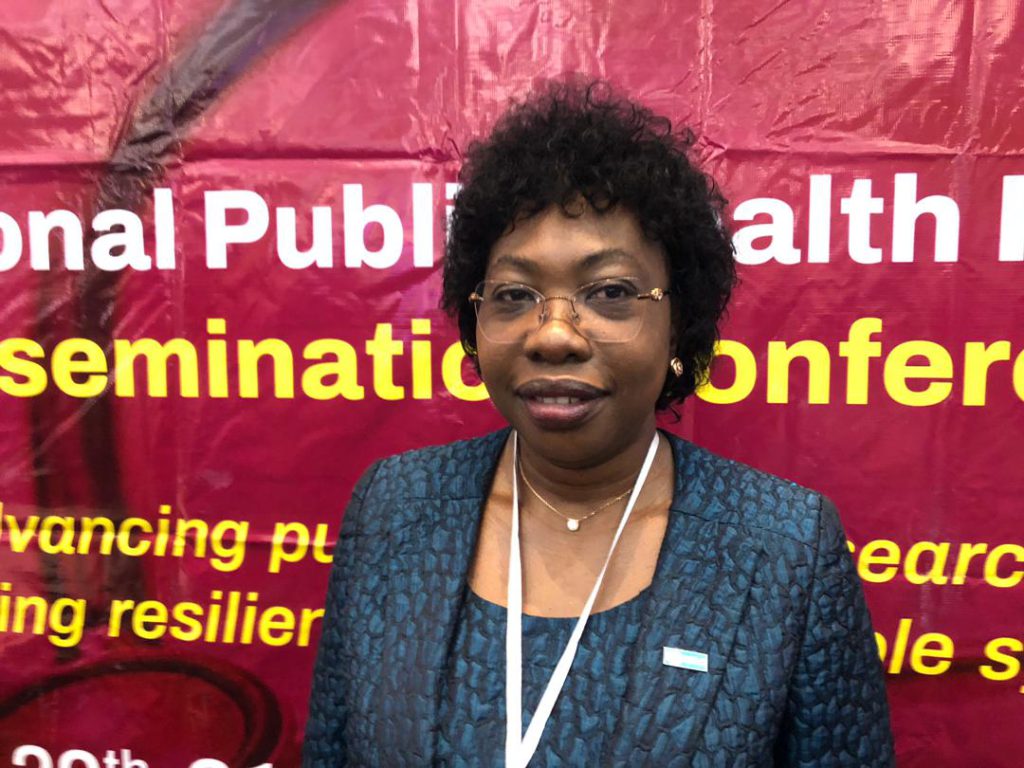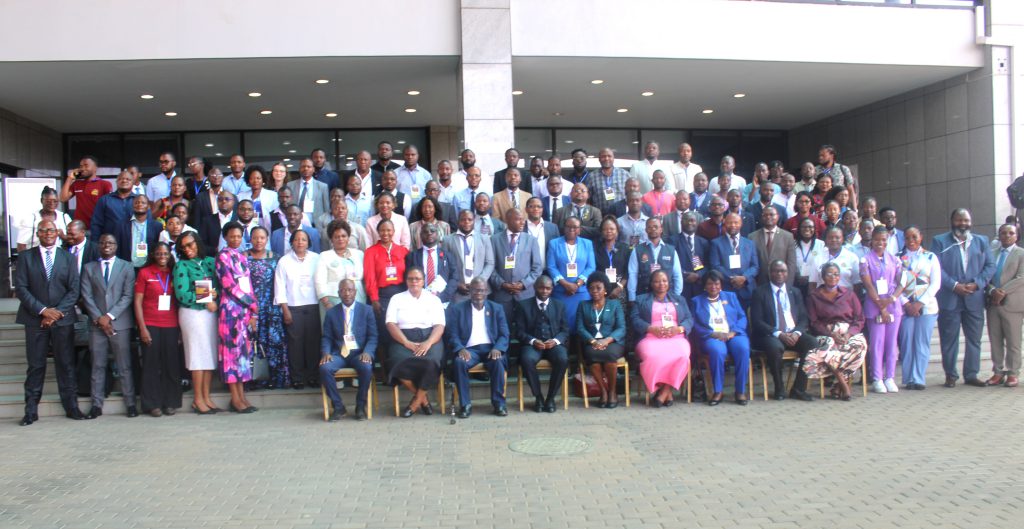
“In the HIV space, research is not a luxury. It is a necessity. The HIV virus is dynamic, and our national response must be equally responsive”,sounded Dr. Beatrice Matanje, National AIDS Commission Chief executive officer at the start of the Malawi’s first National Public Health Research Dissemination Conference.
The conference which NAC has co-hosted will run till Friday at Bingu International Convention Centre in the Malawi’s capital city Lilongwe under theme: “Advancing Public Health Research for Building Resilient and Sustainable Systems.”
The conference covers the thematic Areas as stipulated in the National Health Research Agenda 2023-2030 such as Emerging and endemic Infectious Diseases, Non- communicable diseases, HIV and AIDS, Maternal, newborn and child health, Health system, Social and behavioral sciences, Neglected tropical diseases, Trauma and emergency medicine, Environmental health, Sexual and reproductive health ,Mental health, ,Emerging technologies in health and Health and climate Change.
Making her official remarks, Dr. Matanje stated that the theme sheds more light on the critical role that research plays in informing and strengthening the health systems, ensuring they are equipped to respond to the needs of the nation. She said this is the reason that the conference has brought together researchers, policy makers, and implementers to share insights and findings from various critical research studies conducted over the past year.
“By advancing public health research, we can identify effective strategies to reach the most vulnerable populations, improve treatment outcomes, and enhance the overall resilience of our health systems.” It means investing in research that informs policy and programming and leveraging data to drive decision-making”, elaborates Dr. Matanje. In the context of HIV, the NAC CEO said this implies ensuring that national programs are equipped to respond to emerging challenges, such as new infections, treatment failures, and co-infections. The Commission has traditionally been organizing HIV and AIDS Research Dissemination conferences annually. However, this year, NAC decided to co-host with the Public Health Institute of Malawi (PHIM) in the spirit of integration and to maximize efficiencies since the target audience is similar. Secretary for Health, Dr. Dan Namalika, who officially opened the conference, has applauded the organizers and all partners who have made this landmark event possible. Dr. Namalika said this is a steppingstone towards building a resilient and sustainable health system that has over the years been affected by various shocks.
“This is a commendable gesture, and as a Ministry, we are waiting to see how best to implement the research findings in line with the Malawi 2063 agenda. My appeal to all the researchers is that let us to go beyond presenting the findings in this conference room, let’s translate the findings into tangible actions and ensure average Malawians are benefiting as well”, pleaded Dr. Namalika.

Speaking earlier, the World Health Organization (WHO) Country Representative Dr. Neema Kimambo said the conference marks a pivotal moment in Malawi’s public health journey. “This is a bold step toward institutionalizing a culture of evidence-informed decision-making, and it reflects the growing momentum to ensure that research is not only conducted—but translated into impact”, explains Dr. Kimambo. The theme, according to the WHO Country Representative aligns with WHO’s strategic priorities and Malawi’s own National Health Research Agenda, which emphasizes the need to generate, disseminate, and apply evidence to address the country’s most pressing health challenges.
She explained that WHO Member States, including Malawi, endorsed the Research for Health Strategy for the African Region (2016–2025), which calls for stronger linkages between research, policy, and practice. This strategy promotes partnerships across government, academia, civil society, and international organizations to ensure that research is relevant, responsive, and rooted in local realities.

The conference activities include keynote speeches, oral and poster presentations, panel discussions, as well as award presentations, and has brought in 300 researchers.


Leave a Reply